Sport
Muhammadu Buhari’s half-century arc of public service was defined by incorruptible resolve, institutional reform and an unflinching pursuit of national integrity.
Legacies emerge from the steady accumulation of choices made across decades, consistency of character and purpose, and the willingness to bear the weight of expectations.
Such were the footprints left behind by the late Nigerian President Muhammadu Buhari, who was laid to rest in his hometown of Daura on Tuesday, two days after passing away in London at the age of 82.
As one of Nigeria's most enduring political figures, Buhari's journey from military commander to democratically elected leader exemplifies both the complexities and possibilities of governance in Africa's most populous country.
Military beginnings
He first burst onto the national stage at the end of December 1983 as a formidable and charismatic military leader, rising from a distinguished career in fatigues to assume leadership during a period of significant national challenges.
His military government was tasked with addressing the deep-seated issues of corruption and economic instability that had plagued the previous civilian administration, which was been toppled.
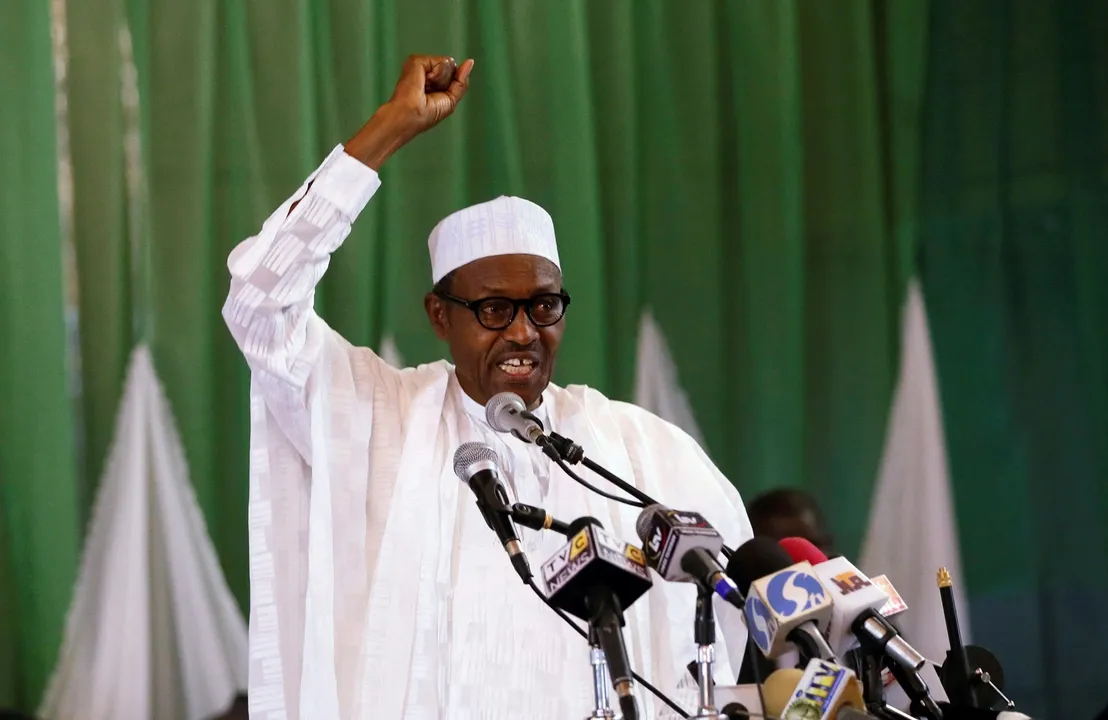
Three decades later, in 2015, Buhari's return to power during another turbulent period of insecurity and economic instability marked a remarkable personal transformation from military ruler to democratically elected president.
The path to civilian leadership was a story of perseverance, with Buhari having lost three general elections before finally securing victory. In the eyes of many, this established him as a committed democrat who respected the electoral process.
"In all its phases, Buhari's military and political avatars were constantly challenged by strenuous circumstances," academic Abdullahi Yalwa, who teaches at Abubakar Tatari Ali Polytechnic in Bauchi, tells TRT Afrika.
Buhari's civilian administration prioritised tackling Boko Haram’s violent terrorist activities that had plagued northeastern Nigeria since 2009.
His government achieved significant progress in this conflict, reclaiming Nigerian territories previously held by terrorists and rescuing more than 100 of the nearly 300 Chibok schoolgirls abducted in 2014. It also mobilised a regional alliance against terrorist infiltration in the Lake Chad region, with collaborative counter-terrorism efforts helping turn the tide of the violent conflict.
However, towards the end of his two tenures, Nigeria experienced a spate of kidnappings for ransom by armed bandits and criminal gangs, particularly in the northwestern region. These gangs pose a national security threat to this day.
Praise from peers
President Bola Ahmed Tinubu paid a glowing tribute to his late predecessor, lauding what he described as "an unwavering commitment" to Nigeria's unity and his steadfastness in the face of daunting challenges throughout his life.
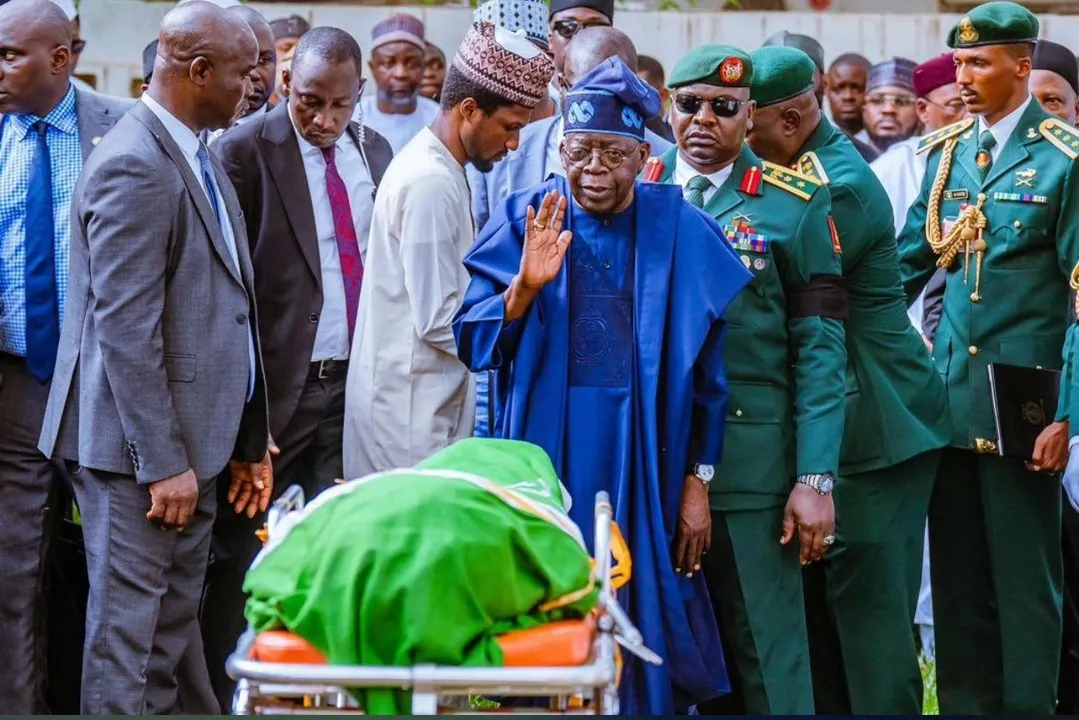
Ghana's former President Nana Akufo-Addo highlighted how Buhari's leadership had an impact beyond Nigeria's borders, specifically his efforts to ensure regional security and strengthen the Economic Community of West African States (ECOWAS).
Many analysts regard Buhari's unwavering stance against corruption in public service as the cornerstone of his political identity. From campaign period to during his administration, Buhari had consistently reminded Nigerians that fighting corruption was akin to saving the country with his slogan: ‘’If we don’t kill corruption, corruption will kill Nigeria’’.
His anti-corruption initiatives led to high-profile convictions and the imprisonment of several politicians and officials. While his decision to grant pardon to some convicted former governors raised questions about consistency, Buhari's anti-corruption agenda was never in doubt.
His government also succeeded in recovering billions of dollars earlier stolen and hidden in European countries.
This commitment to combating fraud and the misappropriation of public money remained the central theme of his political career.
As a leader, nothing tested Buhari more than the challenge of navigating economic headwinds, especially the dramatic shift in the global financial landscape with the onset of the pandemic in 2020 that led to oil prices plummeting worldwide.
Buhari's March 29, 2020, address to the nation encapsulated how he oversaw the government's response to revenues dropping, development projects being stalled, and livelihoods disappearing overnight.
"In Nigeria's fight against COVID-19, there is no such thing as an overreaction or under-reaction. It is all about the right reaction by the right agencies and trained experts," he declared, vowing to do whatever it took to help the country rebound from the crisis.
Some analysts and critics suggest that the President's ill health, particularly from 2016, caused a noticeable loss of momentum, hindering the pace of governance and reform.
Personal legacy
Beyond policy achievements as President, Buhari's traits of head and heart left an indelible mark on Nigeria's political landscape.
Before venturing into politics, Muhammadu Buhari led Nigeria's Petroleum Trust Fund (PTF) from 1994 to 1999. During his tenure, PTF, a body established to manage and channel petroleum revenues into development projects, rehabilitated approximately 12,000km of federal highways nationwide and between 25-100km of urban roads in major cities.
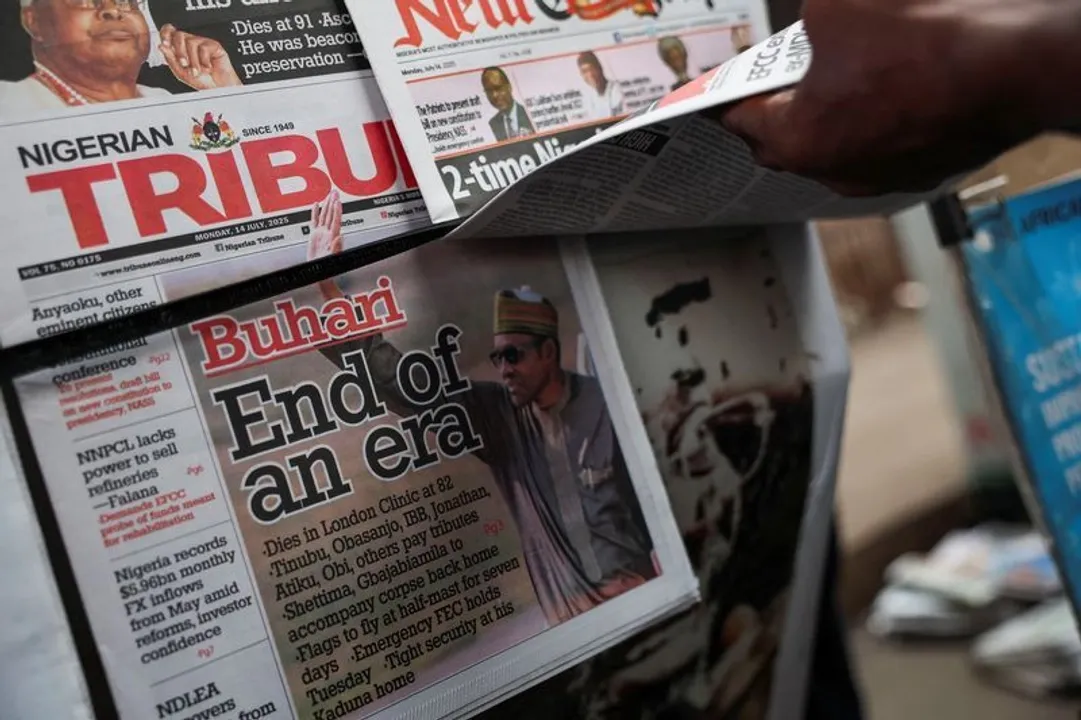
PTF was praised for its transparency, publishing annual accounts - a rare practice in Nigeria at the time – and spearheading massive transformation of the health and education sector as well as food supply.
His legacy of principle, integrity, honesty and discipline has been widely praised both within and outside Nigeria, including by some critics.
For many, these qualities represented a significant departure from the profiles of several high-profile politicians.
Former President Olusegun Obasanjo acknowledged Buhari's integrity and his genuine desire to improve the lives of Nigerians, while former Vice President Atiku Abubakar – despite their political differences – commended his dedication to public service and efforts to stabilise the nation during crises.
Yalwa sees Buhari's ideological and moral moorings as his hallmark. "He was a fearless and incorruptible comrade who sought to follow the rule of law despite constraints," he tells TRT Afrika.
President Tinubu's acknowledgement of Buhari as a contemporary leading light of Nigerian public life is probably the most apt tribute to someone who transitioned from military ruler to democratic office through persistence.
Military commander, minister, head of parastatal, opposition leader and, ultimately, a democratically elected President — Buhari's position as a front-row stakeholder in Nigerian politics for half a century would be hard to match.
Comments
No comments Yet








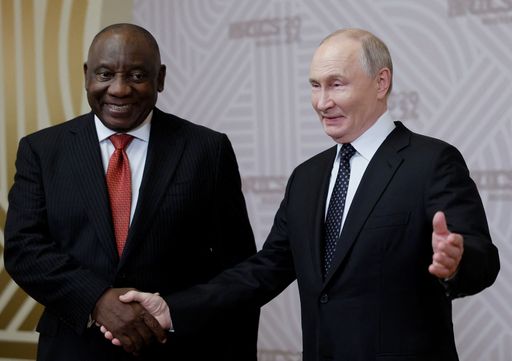
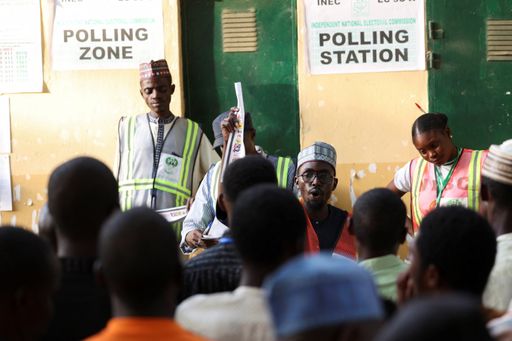
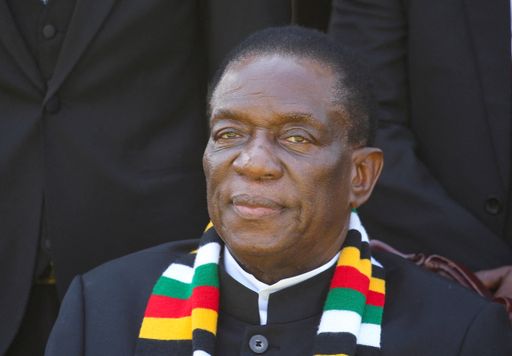
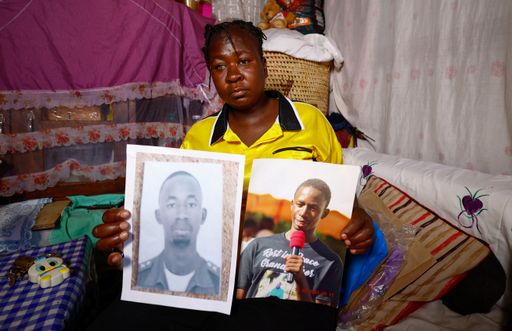








Comment